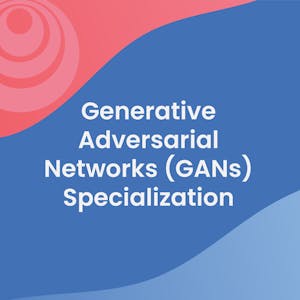Explainable AI (XAI)
About this Specialization
In an era where Artificial Intelligence (AI) is rapidly transforming high-risk domains like healthcare, finance, and criminal justice, the ability to develop AI systems that are not only accurate but also transparent and trustworthy is critical. The Explainable AI (XAI) Specialization is designed to empower AI professionals, data scientists, machine learning engineers, and product managers with the knowledge and skills needed to create AI solutions that meet the highest standards of ethical and responsible AI.\\n\\nTaught by Dr. Brinnae Bent, an expert in bridging the gap between research and industry in machine learning, this course series leverages her extensive experience leading projects and developing impactful algorithms for some of the largest companies in the world. Dr. Bent\'s work, ranging from helping people walk to noninvasively monitoring glucose, underscores the meaningful applications of AI in real-world scenarios.\\n\\nThroughout this series, learners will explore key topics including Explainable AI (XAI) concepts, interpretable machine learning, and advanced explainability techniques for large language models (LLMs) and generative computer vision models. Hands-on programming labs, using Python to implement local and global explainability techniques, and case studies offer practical learning. This series is ideal for professionals with a basic to intermediate understanding of machine learning concepts like supervised learning and neural networks.Created by: Duke University
Related Online Courses
This Specialization introduces the U.S. federal tax system via conceptual and applied material. Learners will be able to apply basic principles to settings involving individuals, corporations, and... more
Learners may study at their own pace to take any of the six courses and the Capstone Project course independently (receiving a certificate for each) or collectively for the specialization... more
About GANs\\n\\nGenerative Adversarial Networks (GANs) are powerful machine learning models capable of generating realistic image, video, and voice outputs.\\n\\nRooted in game theory, GANs have... more
This course delves into software development topics such as working with Arm C/C++ compilers and Arm debug tools to optimize your software, whether it\'s for performance or code size. This course... more
Take the next step in your knowledge of Splunk. In this course, you will learn how to use time differently based on scenarios, learn commands to help process, manipulate and correlate data.Created... more







